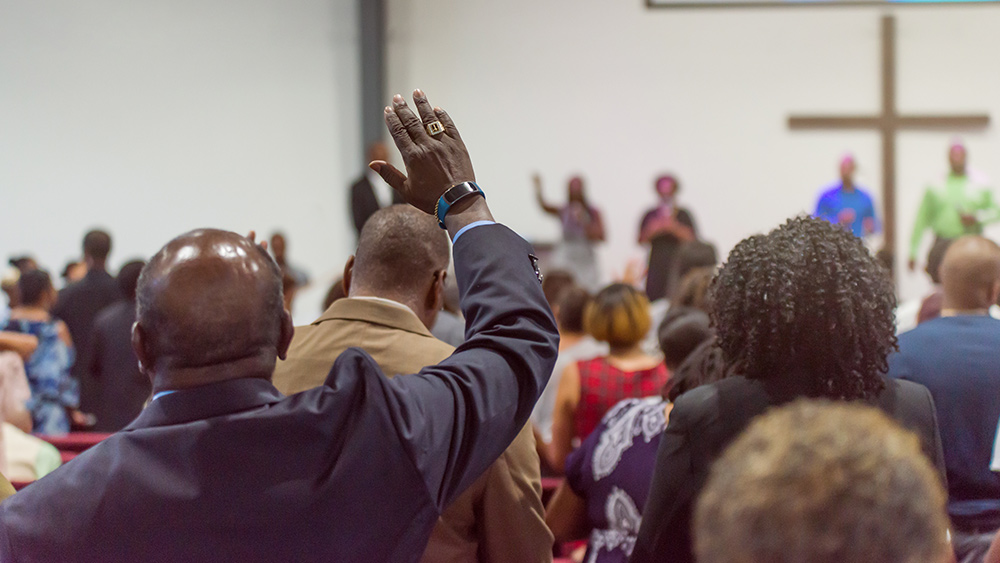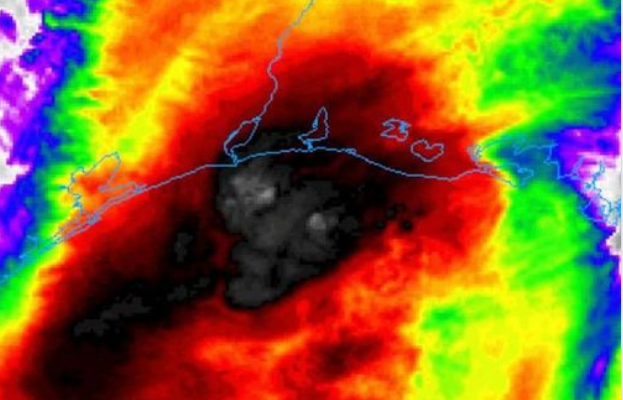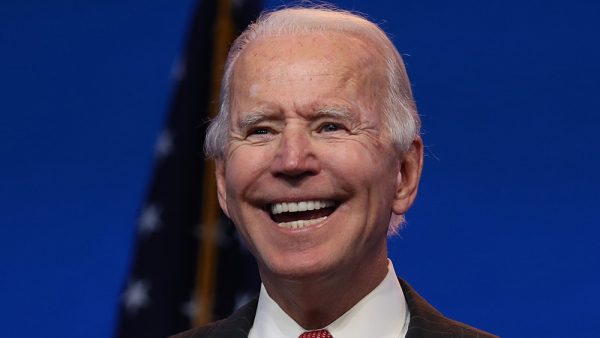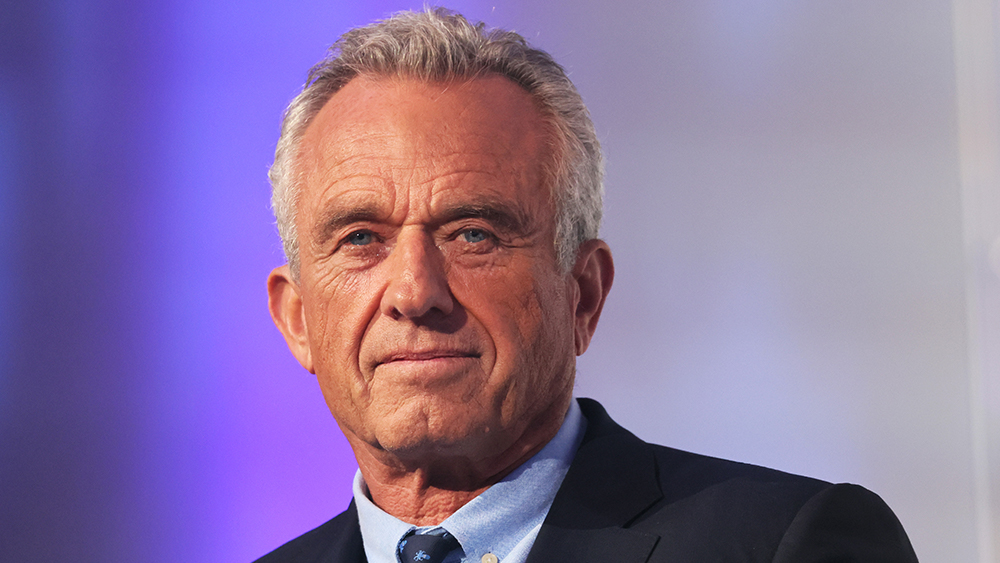 Parler
Parler Gab
Gab
When is enough, enough?
In a March 2 Facebook statement, ERRR further complained that the scope of Simmons' reparation plan is inadequate and that it would only end up enriching the banks, which group members say are responsible for the housing "inequities" that disenfranchised black people in the first place. "To qualify for the reparations program, an individual must be the descendants of residents that lived in Evanston between 1919-1969 and / or evidence that they had faced racial disparities. Racial harm deserving of repair did not begin or end in those windows of time," the statement reads. Furthermore, most black people would still require "a large influx of cash" in addition to the $25,000 in order to make a down payment on a house at market rates. Having a good credit score would also be required, which many black people apparently do not have. "The forces that had been historically benefiting from the racist policies of redlining and housing discrimination are now benefiting from a program aimed at undoing their harm," the group contends. Another problem, the group insists, is that all black residents of Evanston, and not just those who lived in the city between the aforementioned timeframe, "are owed repair." This includes younger blacks who were not even alive at the time, and thus do not qualify. Black people simply deserve more, ERRR alleges. And Simmons' plan does not give them more, thus making it "racist." "We have come together as residents to fight against fake reparations," the group concludes. "We reject racist reparations and demand a better, more responsive, more complete program that provides access to reparations acts of actual repair to Black [sic] folks." More related news can be found at Collapse.news. Sources for this article include: WesternJournal.com NaturalNews.comThey are screwing with the weather maps: SUN is BAD!
By News Editors // Share
Cryptocurrency market PLUMMETS as trade war fears trigger $2.2B in liquidations
By ljdevon // Share
Gen. Flynn's WARNING: Consequences for those opposing confirmation of Gabbard and Patel
By ramontomeydw // Share
Got prediabetes? Five remedies for your health
By newseditors // Share











